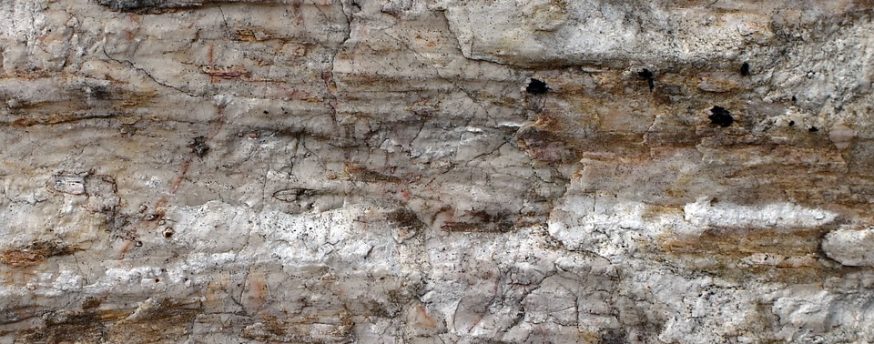If you are unaware of the differences between quartz and quartzite countertops, you are not alone. This guide will assist you in understanding the difference between the two countertops and the qualities associated with both. Quartz and quartzite countertops are both common choices for consumers, but have many differences that should be taken into consideration before a decision is made.
Learn the differences between Quartz & Quartzite Countertops! http://goo.gl/oW4GHC Share on XQuartzite Countertops
Quartzite is a naturally occurring rock that is created from the process of metamorphism. During this process, sandstone is altered under pressure when exposed to extreme heat. Once created, the stone is ready to be mined and cut into slabs for use as countertops.
Quartzite is structured to be hard and durable. Thus, the countertops are able to withstand high temperatures. Typically, quartzite countertops are white or gray, but occasionally, impurities will create a pink or red hue.
The hard structure of quartzite provides a natural protection from scratches. However, a sealant is required before use and should be used once or twice a year to prevent staining. Proper sealing makes everyday cleaning easy as long as abrasive cleaners are not used. A damp cloth and mild soap will maintain the countertop’s appearance.
Unless the job is complex, the pricing of quartzite countertops is comparable to quartz countertops, at around $60 per square foot for the materials. Complex jobs for quartzite countertops will cost more since the stone has to cut in a process that requires a diamond saw, precise time and skill.
Quartz Countertops
Contrary to quartzite countertops, quartz countertops are engineered from natural quartz and other resins. Countertops are created when loose quartz is blended with a binder and pigment. The ability of pigment to be added allows for a variety of colors to choose from. Further, the formulation of quartz gives the countertops a natural stone appearance.
Though they are not as hard as quartzite, quartz countertops are structured to be more flexible than quartzite. Therefore, quartz is prone to melting when exposed to extremely high temperatures. However, its flexibility makes it less prone to denting or chipping.
Quartz maintenance is very easy and a sealant is not needed. Use of a damp cloth and non-abrasive cleaner are all that is needed to maintain the appearance. The ease of care is a main advantage of quartz over quartzite. Additionally, for complex jobs, quartz countertops have the advantage. Quartz can be easily manipulated into any shape.
Other Factors to Consider
There are many factors to consider when making the decision between quartzite and quartz countertops. In regards to appearance, you have to decide if you are wiling to sacrifice the variety of color for natural stone.
Quartz countertops are not as hard and durable as quartzite, since the plastic resin used in manufacturing make it easier to melt. Quartzite requires more maintenance than quartz. However, cleanup for both is relatively easy when a sealant is used on quartzite countertops. Non-abrasive cleaners have to be used with both quartzite and quartz countertops, as they are both prone to scratching if a cutting board is not used.
Price may very well be the deciding factor in the choice between quartzite and quartz countertops. While the beginning price of material for both countertops is comparable, most jobs cost much more for material. You also have to consider how much you are willing to spend for complex jobs. Countertops that require specialized cuts will be significantly cheaper and easier with quartz countertops.
Regardless of which countertop you select, it is important to consult with a reputable contractor. If you are exploring new home construction or remodeling in Bethesda, Maryland or the Washington DC area, please give us a call. We’d love to talk about how we can help make your dream kitchen a reality!
Share this Post

